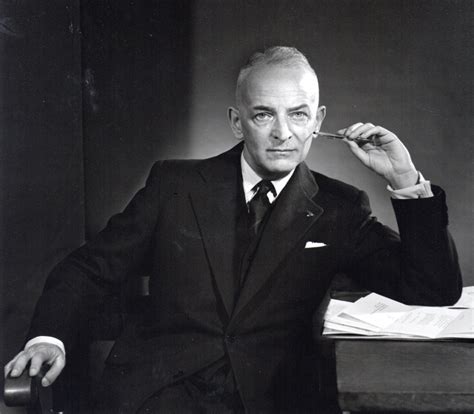A Quote by Gil Penchina
When I first started as an angel investor, I was excited to start investing in startups - but I didn't know much. I couldn't tell the good ones from the bad; I didn't understand all these venture capital terms, so I would invest somewhat blindly.
Related Quotes
There is always a critical job to be done. There is a sales door to be opened, a credit line to be established, a new important employee to be found, or a business technique to be learned. The venture investor must always be on call to advise, to persuade, to dissuade, to encourage, but always to help build. Then venture capital becomes true creative capital - creating growth for the company and financial success for the investing organization
I would have loved to invest in Salesforce when I was active in venture. I didn't know the founder, Marc Benioff, well enough, and he didn't really rely on venture capital, but I remember the first time I met him and got to talk about Salesforce when they were still private. I thought, 'Damn, that is going to be a huge company.'
State funds, private equity, venture capital, and institutional lending all have their role in the lifecycle of a high tech startup, but angel capital is crucial for first-time entrepreneurs. Angel investors provide more than just cash; they bring years of expertise as both founders of businesses and as seasoned investors.
I know the difference between venture capital[ism] and vulture capitalism. Venture capitalism is a good thing, comes in, gives that gap funding to help these companies get off and get started creating jobs, and work. But Mitt Romney and Bain Capital were involved with what I call vulture capitalism. And they walked into Gaffney and took over that photo album company for no other reason than to basically pick the bones clean. And those people lost their jobs.
I was encouraged to break all the rules but to take the best of philanthropy, the best of investing, and the best of development finance, and experiment with new ways to create this venture capital model of using philanthropy to back patient capital investments, and then build solutions that were measured in terms of the kind of impact and change they were making on people's lives and in the world, not just on the financial return.
There's nothing wrong with raising venture capital. Many lean startups are ambitious and are able to deploy large amounts of capital. What differentiates them is their disciplined approach to determining when to spend money: after the fundamental elements of the business model have been empirically validated.



































